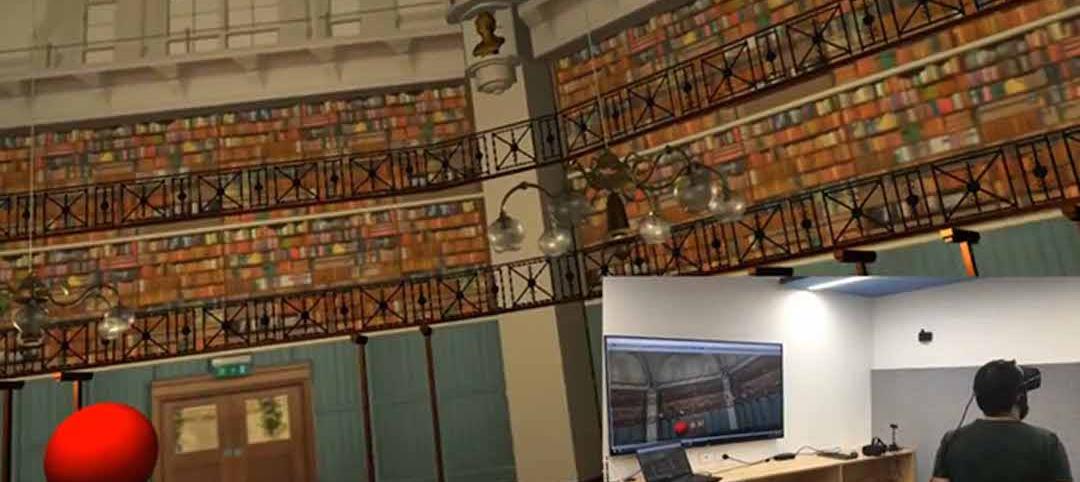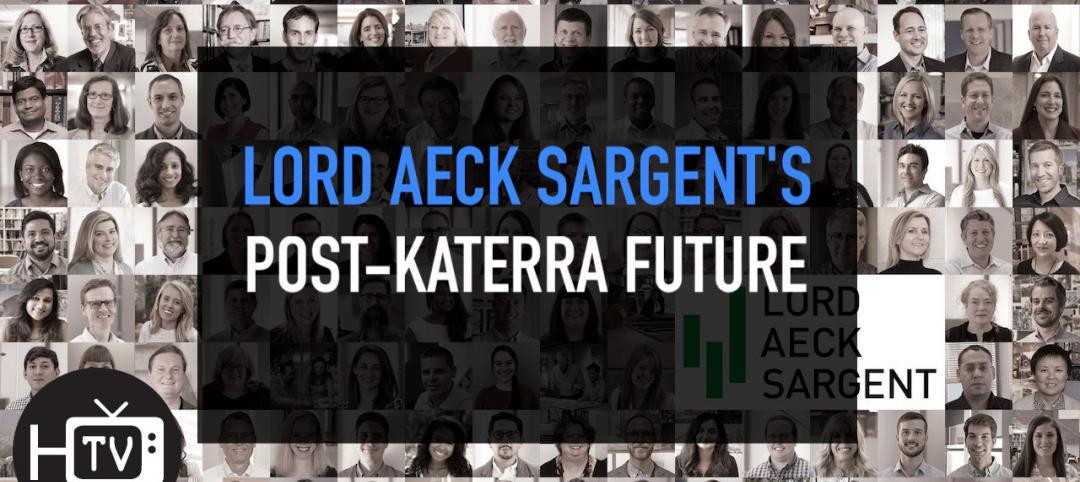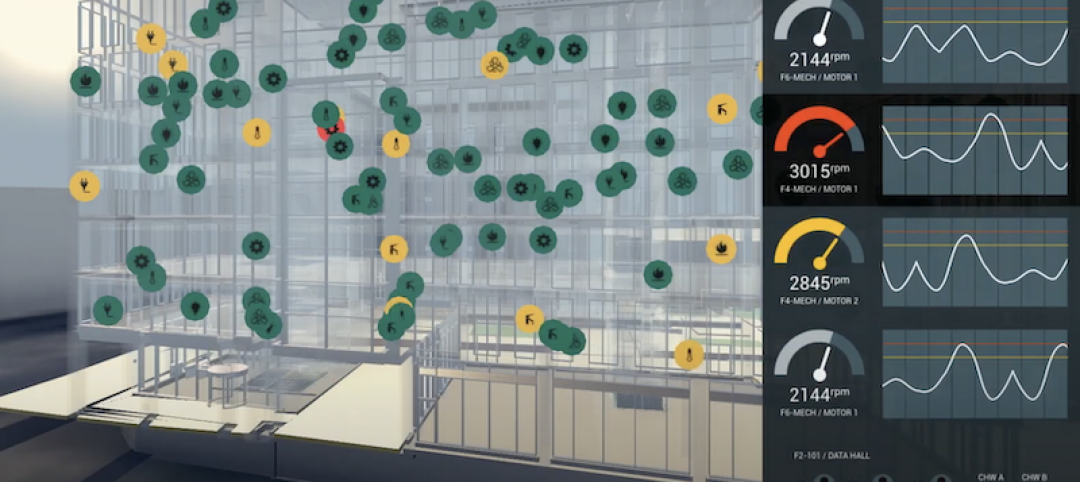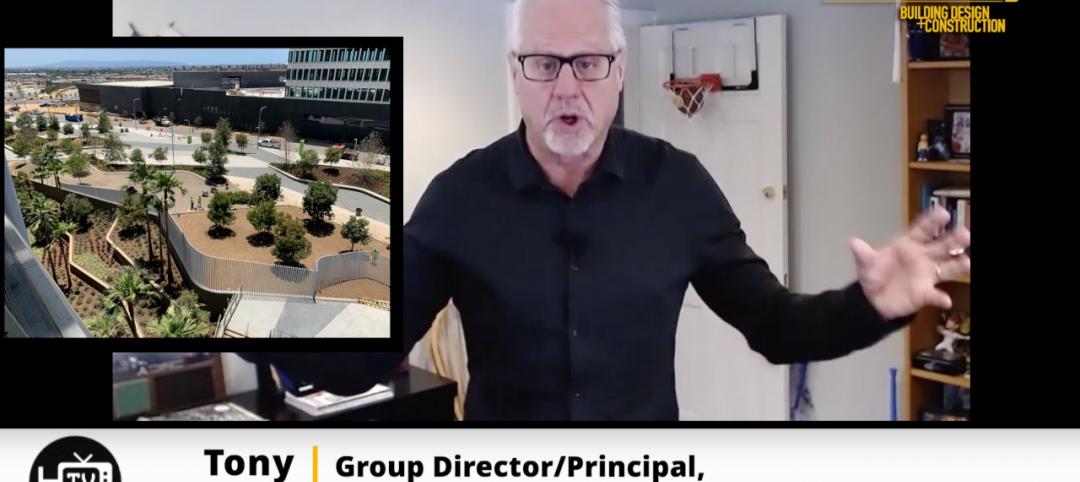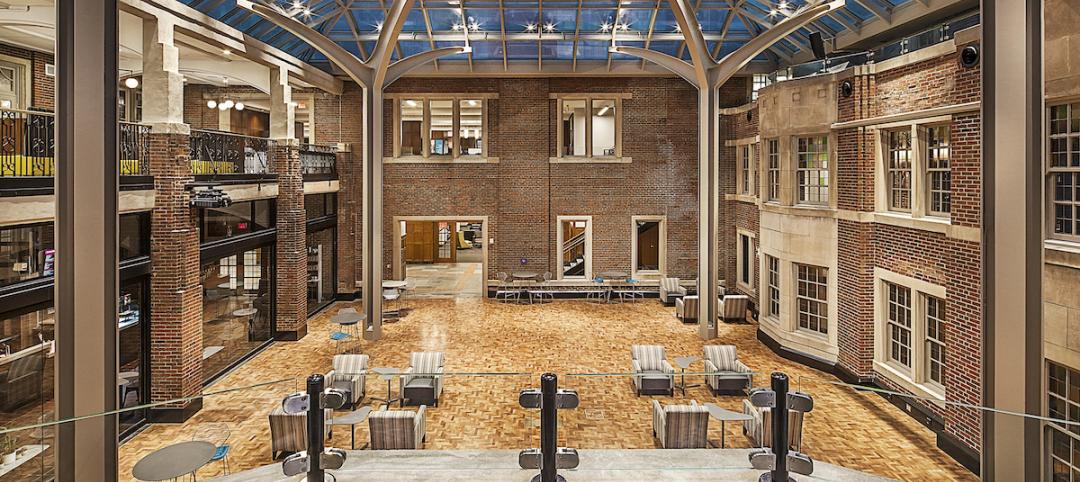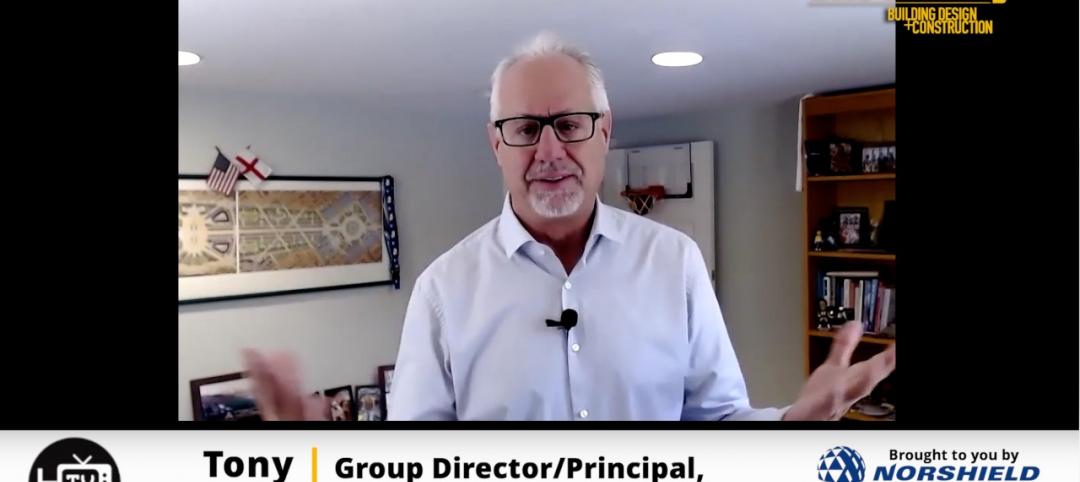Early next year, construction is scheduled to begin on Coral Mountain, a 400-acre masterplan resort in the Coachella Valley near LaQuinta, Calif., which will be the first of its kind whose amenities include an 18-million-gallon water basin that’s activated by artificial wave technology.
The land, which had already been approved for 750 homes, is owned by Meriwether Companies, a private real estate and development firm; and Big Sky Wave Developments, founded and directed by Michael B. Schwab, the son of famed investor Charles Schwab, whose company is one of the country’s largest financial services firms. Michael Schwab formed his company in 2016 to develop exclusive wave-zone resorts.
This $200 million Coral Mountain is designed by CCY Architects. VITA Planning and Landscape Architecture is doing the land planning and landscaping, and MSA Consulting is the CE. The rest of the building team, including its GC, will be brought on board later this year, according to a spokesperson for the project.
The full-service hotel and resort will include a private club, multiple dining venues, and adventure sports offerings. In its latest design, the 2,000-ft-wide wave basin will replace a previously approved golf course, and is expected to use less water.
The technology that will provide the resort’s guests with the longest rideable, open-barrel, human-made wave in the world comes from Kelly Slater Wave Company, a division of Santa Monica, Calif.-based World Surf League, which creates surf-specific events, experiences, and storytelling. Kelly Slater Wave Company is named after the 11-time world champion surfer Kelly Slater.
RESORT’S WAVE BASIN CAN HANDLE UP TO 20 SURFERS AN HOUR
Coral Mountain will be the first resort in the U.S. to deploy Slater’s wave technology, which uses a giant hydrofoil that is pulled through the water to push out the wave for 700 yards, for an almost one-minute wave from start to finish. Large end bays can accommodate 15 to 20 beginner-to-intermediate surfers each hour on either end of the wave basin. (The only other place with this technology in use is Kelly Slater’s Surf Ranch in Lemoore, Calif., and that doesn’t have resort facilities or end bays built into it.)
“We are excited to bring to life an unprecedented vision for an experiential resort development, curated for today’s active and engaged consumer here in Southern California and beyond,” said Noah Hahn, Partner, Meriwether Companies, in a prepared statement.
The project spokesperson says Coral Mountain is being financed primarily through equity and some low-leverage debt. Despite the coronavirus that shut down many businesses in California, the project continues to go through the approvals process, and Meriwether and Big Sky don’t anticipate delays in the construction start or its completion target in 2022.
Also see: Mega surf parks take entertainment to new extremes
The history of man-made waves has been fraught with business and mechanical failures. Probably the best known startup was NLand Surf Park, which opened in Austin, Texas, in 2016, and whose owner was Coors Brewing Company scion Doug Coors. Until it shut down, NLand was using wave technology from Wavegarden, one of several such providers that are active in the industry sector.
WAVE TECHNOLOGIES IN COMPETITION
In January 2019, Kelly Slater Wave Company, through an LLC, acquired NLand for a reported $4.8 million. Meanwhile, Wavegarden has been pushing its so-called “cove” technology, which was first tested in Spain and last November debuted at The Wave park in Bristol, England. This technology reportedly produces waves as high as two meters.
A spokesperson for World Surf League asserts that the League chose to acquire Kelly Slater Wave Company because “it was the best artificial wave technology where tour pros could train, and the WSL could host world tour events.”
“I originally invested with Kelly in 2013 for my own personal surfing progression,” recalled Schwab, Big Sky Wave Developments’ Managing Director. “I had no idea the impact it would have on my life, and I realized immediately that I had to share this opportunity.”
Related Stories
Gamification | Feb 8, 2022
How gaming technology is changing the way we design for acoustics
Adding 3D sound from gaming engines to VR allows designers to represent accurate acoustic conditions to clients during design.
Coronavirus | Jan 20, 2022
Advances and challenges in improving indoor air quality in commercial buildings
Michael Dreidger, CEO of IAQ tech startup Airsset speaks with BD+C's John Caulfield about how building owners and property managers can improve their buildings' air quality.
AEC Tech Innovation | Oct 7, 2021
How tech informs design: A conversation with Mancini's Christian Giordano
Mancini's growth strategy includes developing tech tools that help clients appreciate its work.
Architects | Aug 5, 2021
Lord Aeck Sargent's post-Katerra future, with LAS President Joe Greco
After three years under the ownership of Katerra, which closed its North American operations last May, the architecture firm Lord Aeck Sargent is re-establishing itself as an independent company, with an eye toward strengthening its eight practices and regional presence in the U.S.
Digital Twin | May 24, 2021
Digital twin’s value propositions for the built environment, explained
Ernst & Young’s white paper makes its cases for the technology’s myriad benefits.
Coronavirus | Mar 11, 2021
The Weekly show, March 11, 2021: 5 building products for COVID-related conditions, and AI for MEP design
This week on The Weekly show, BD+C editors speak with AEC industry leaders about building products and systems that support COVID-related conditions, and an AI tool that automates the design of MEP systems.
AEC Tech | Jan 28, 2021
The Weekly show, Jan 28, 2021: Generative design tools for feasibility studies, and landscape design trends in the built environment
This week on The Weekly show, BD+C editors speak with AEC industry leaders from Studio-MLA and TestFit about landscape design trends in the built environment, and how AEC teams and real estate developers can improve real estate feasibility studies with real-time generative design.
AEC Tech | Dec 17, 2020
The Weekly show: The future of eSports facilities, meet the National Institute for AI in Construction
The December 17 episode of BD+C's The Weekly is available for viewing on demand.
Contractors | Dec 4, 2020
‘Speed to market’ defines general contractor activities in 2020
Contractors are more receptive than ever to ways that help get projects done faster.
Smart Buildings | Nov 20, 2020
The Weekly show: SPIRE smart building rating system, and pickleball court design tips
The November 19 episode of BD+C's The Weekly is available for viewing on demand.



